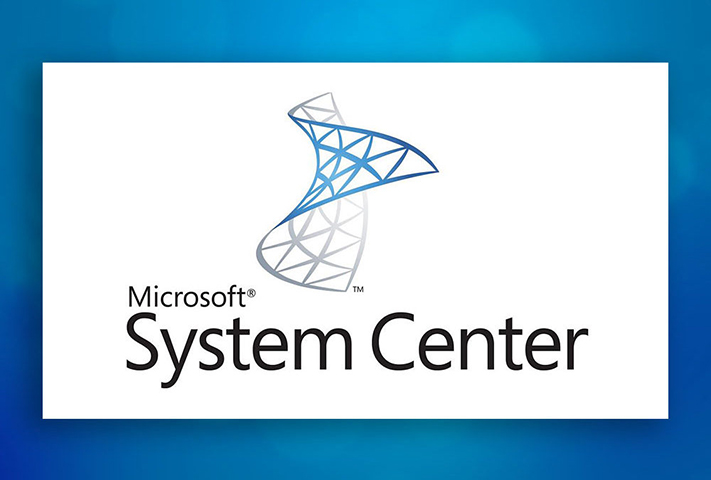
For the Orphan instances to clean, please follow the below process.
Script is located here: https://github.com/souravmahato7/SQL/blob/SCORCH/SCORCH_Orphan_Data_Purge.sql
1. Take full backup of Orchestrator database.
– Need to stop the Runbook services on the Runbook servers.
2. Execute below SQL queries to check tables (Policyinstances, Objectinstances, Objectinstancedata, Events, Policy_publish_queue) :
Select Count(*) From POLICYINSTANCES WITH (NOLOCK)Select Count(*) From OBJECTINSTANCES WITH (NOLOCK)Select Count(*) From OBJECTINSTANCEDATA WITH (NOLOCK)Select Count(*) From EVENTS WITH (NOLOCK)Select Count(*) From POLICY_PUBLISH_QUEUE WITH (NOLOCK)
3. Execute below SQL queries to clean tables (Policyinstances, Objectinstances, Objectinstancedata, Events, Policy_publish_queue) if you see large number of rows in above SQL queries:
DELETE FROM POLICY_PUBLISH_QUEUEGOTRUNCATE TABLE EVENTSTRUNCATE TABLE OBJECTINSTANCEDATATRUNCATE TABLE OBJECTINSTANCESDELETE FROM POLICYINSTANCESGO
4. After above query is executed successfully, execute below mentioned query to disable “Logging” for all Runbooks:
Before that I would suggest to take a note of all the policies for which logging is enabled. Please run the below query to get the details.
Select * from POLICIES where LogCommonData = 1Select * from POLICIES where LogSpecificData = 1
Now you can run the below query to disable the logging.
update POLICIES set LogCommonData = 0 where LogCommonData = 1update POLICIES set LogSpecificData = 0 where LogSpecificData = 1
5. After successful execution of above query, execute below SQL query to check orphaned Runbook instances:
Selectpinst.[UniqueID],pinst.[PolicyID]from[dbo].[POLICYINSTANCES] AS pinst, [dbo].[POLICY_REQUEST_HISTORY] AS prqwherepinst.[PolicyID] = prq.[PolicyID] ANDpinst.[SeqNumber] = prq.[SeqNumber] ANDpinst.[TimeEnded] IS NULL ANDprq.[Active] = 0
6. If output of above query is not blank, stop all running runbooks using below query:
use orchestratorgo-- This section will cancel all active or pending jobsDECLARE @JobId UNIQUEIDENTIFIERDECLARE job_cursor CURSOR FORSELECT Id FROM [Microsoft.SystemCenter.Orchestrator.Runtime.Internal].JobsWHERE StatusId < 2OPEN job_cursorFETCH NEXT FROM job_cursor INTO @JobIdWHILE @@FETCH_STATUS = 0BEGINEXEC [Microsoft.SystemCenter.Orchestrator.Runtime].CancelJob @JobId, 'S-1-5-500'FETCH NEXT FROM job_cursor INTO @JobIdENDCLOSE job_cursorDEALLOCATE job_cursorGO
7. After stopping all running runbooks, execute below query to clear orphaned runbook instances:
exec [Microsoft.SystemCenter.Orchestrator.Runtime.Internal].[ClearOrphanedRunbookInstances]
8. Run below SQL query to do log purging:
DECLARE @Completed bitSET @Completed = 0WHILE @Completed = 0 EXEC sp_CustomLogCleanup @Completed OUTPUT, @FilterType=1,@XEntries=0
9. Now, we need to check if orchestrator maintenance operation has been executed recently, for that use below SQL query:
SELECT[m].[Name],[m].[IsEnabled],[m].[IntervalInSeconds],[m].[LastExecutionTime]FROM [Orchestrator].[Microsoft.SystemCenter.Orchestrator.Maintenance].[MaintenanceTasks] [m]
10. If output of above query states that maintenance operations have not executed recently, follow below procedure to execute maintenance operations:
a. Execute below SQL query:
ALTER QUEUE [Microsoft.SystemCenter.Orchestrator.Maintenance].MaintenanceServiceQueue WITH STATUS = ON
b. After above query, execute below query:
TRUNCATE TABLE [Microsoft.SystemCenter.Orchestrator.Internal].AuthorizationCache
c. After above query, execute below query:
EXEC [Microsoft.SystemCenter.Orchestrator.Maintenance].[EnqueueRecurrentTask] @taskName = 'Statistics'EXEC [Microsoft.SystemCenter.Orchestrator.Maintenance].[EnqueueRecurrentTask] @taskName = 'Authorization'EXEC [Microsoft.SystemCenter.Orchestrator.Maintenance].[EnqueueRecurrentTask] @taskName = 'ClearAuthorizationCache'
11. Execute below query again to check if maintenance operations are now executed recently:
SELECT[m].[Name],[m].[IsEnabled],[m].[IntervalInSeconds],[m].[LastExecutionTime]FROM [Orchestrator].[Microsoft.SystemCenter.Orchestrator.Maintenance].[MaintenanceTasks] [m]
Note: Now we should see latest date.
12. Now you can again Enable the logging which were disable in step 4.
update POLICIES set LogCommonData = 1 where UniqueID in (‘XX0,’ XX1’,’ XX2)update POLICIES set LogSpecificData = 1 where UniqueID in (‘XX0,’ XX3’,’ XX24)
